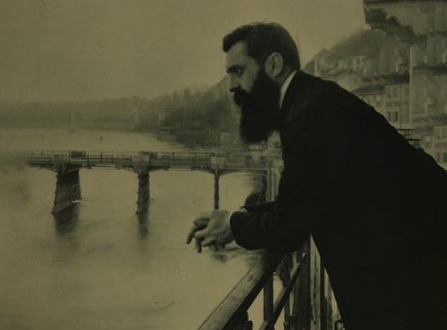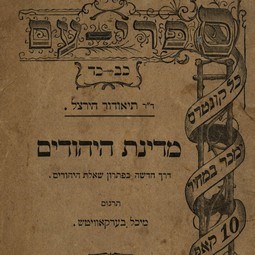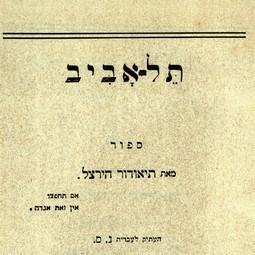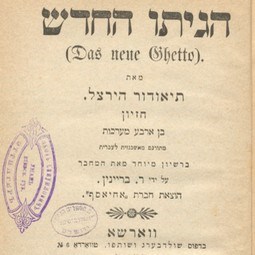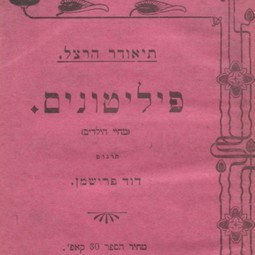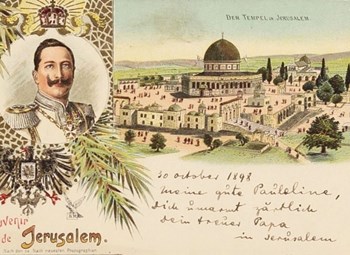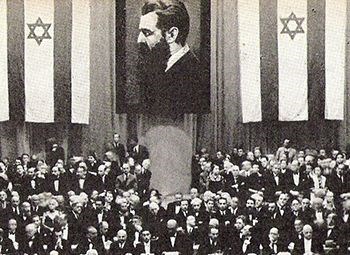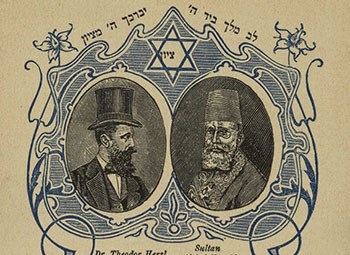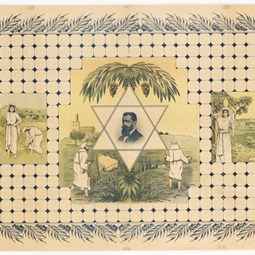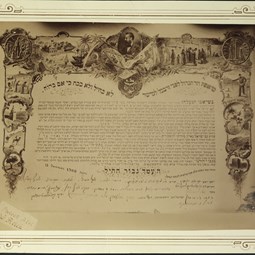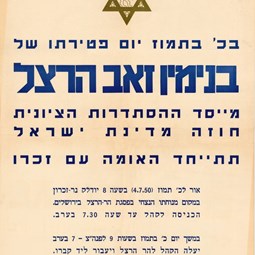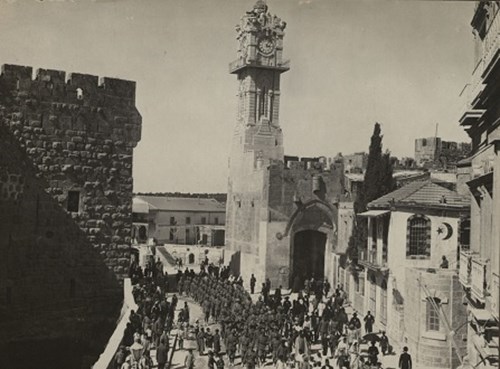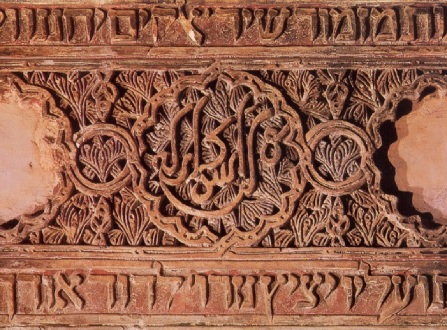Theodor Herzl
Theodor (Binyamin Ze’ev) Herzl was born in 1860 in Budapest, Hungary.
Over the forty-four years of his life, Herzl earned two revealing titles: His supporters called him the “Visionary of the State,” while his opponents and critics called him “King of the Jews.” Behind his symbolic, almost mythological figure was a flesh-and-blood human being who was an astute journalist, a gifted editor, a talented writer, a brilliant political figure, a consummate orator and most importantly—a man with a clear purpose, who remained undeterred even when the road to achieving his goal was not always smooth.
Herzl died on July 4th, 1904 in Vienna, Austria. Forty-five years later, on August 10th, 1949, his remains were brought to Israel and laid to rest on Mount Herzl in Jerusalem, which is named for him.
The National Library preserves hundreds of historical items that provide a glimpse into his life, as well as evidence of the tremendous response to his ideas and actions.
On this page you will find photographs of Herzl (even some from his pre-beard days), rare editions of his written works—including the first Hebrew translation of Der Judenstaat ("The Jewish State"), published the same year as the original German pamphlet, digital access to the first translations of his Zionist writings, posters from his lifetime, obituaries and invitations to memorial events—even decades later.

 Sign in with Google
Sign in with Google
 Sign in with Facebook
Sign in with Facebook
